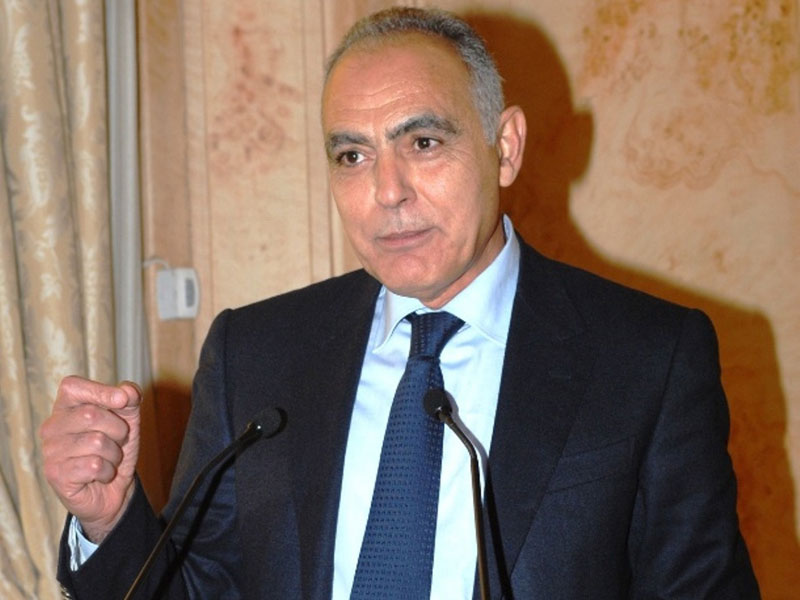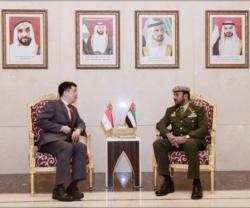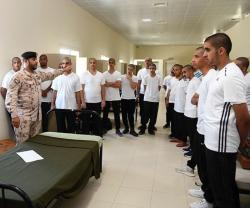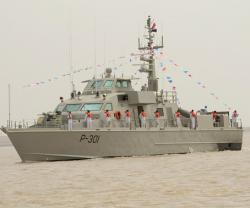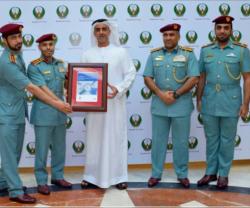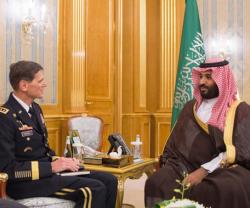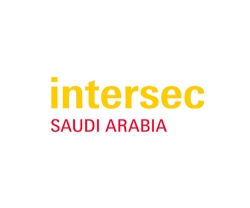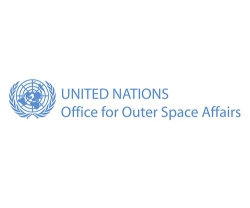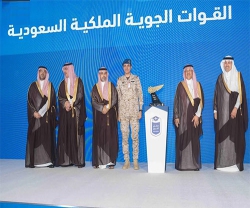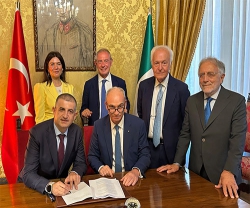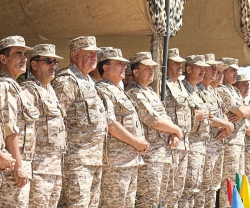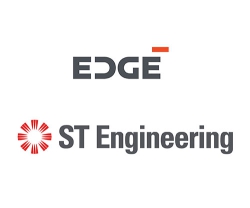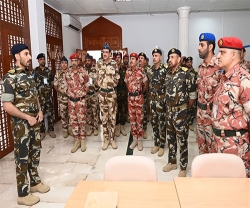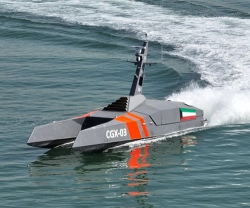“Morocco will give its active support to UAE in their fight against terrorism and for the preservation of regional and international peace and stability,” and “the contribution presented by the Kingdom of Morocco will focus on operational military and intelligence aspects,” read the Foreign Ministry statement.
In an interview with Moroccan media, Minister Mezouar added, “Morocco is ready to come to the military aid of every Arab or African country whose security and sovereignty is threatened. Every country that makes the request will be supported.”
In addition to this bilateral effort with the UAE, Morocco is a member of the US's anti-ISIL coalition providing intelligence and operational support.
Morocco has taken a strong public stance against terrorism and ISIL. In an August 24 statement from the Ministry of Foreign Affairs and Cooperation, Morocco “denounced and condemned, in the strongest terms, the despicable terrorist crimes committed by terrorist groups against innocents of all nationalities, religions and professions, including journalists mainly in Iraq and Syria,” adding that "these terrorist acts run counter Islam teachings and are a blatant abuse of universal human values."
Currently, Morocco's Parliament is considering a bill that would strengthen anti-terrorism laws, criminalizing the act of attempting to join foreign terrorist groups. The country played a leading role at the 5th ministerial meeting of the Global Counterterrorism Forum (GCTF) held September 23 in New York, where US Secretary of State John Kerry remarked on Morocco's leadership in developing "the first global set of good practices on stopping the flow of foreign terrorist fighters," and at which several new counterterrorism initiatives were announced. And several Moroccan officials, including Yassine Mansouri, the head of Morocco's intelligence agency, recently presented Morocco's counterterrorism approach to the UN Security Council's Counter-Terrorism Committee.
The Moroccan American Center for Policy (MACP) is a non-profit organization whose principal mission is to inform opinion makers, government officials, and interested publics in the United States about political and social developments in Morocco and the role being played by the Kingdom of Morocco in broader strategic developments in North Africa, the Mediterranean, and the Middle East.
Source: Moroccan American Center for Policy

